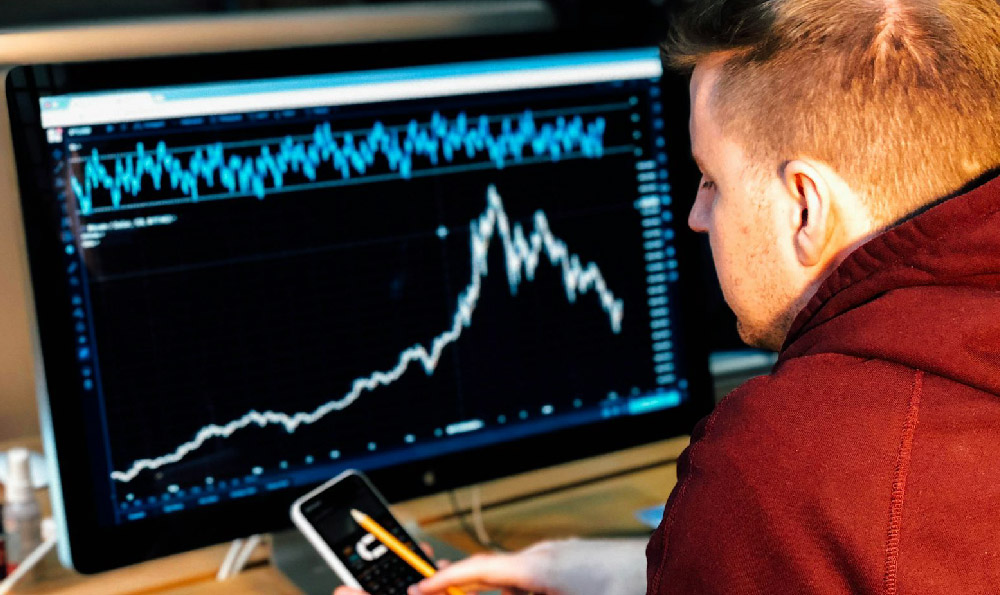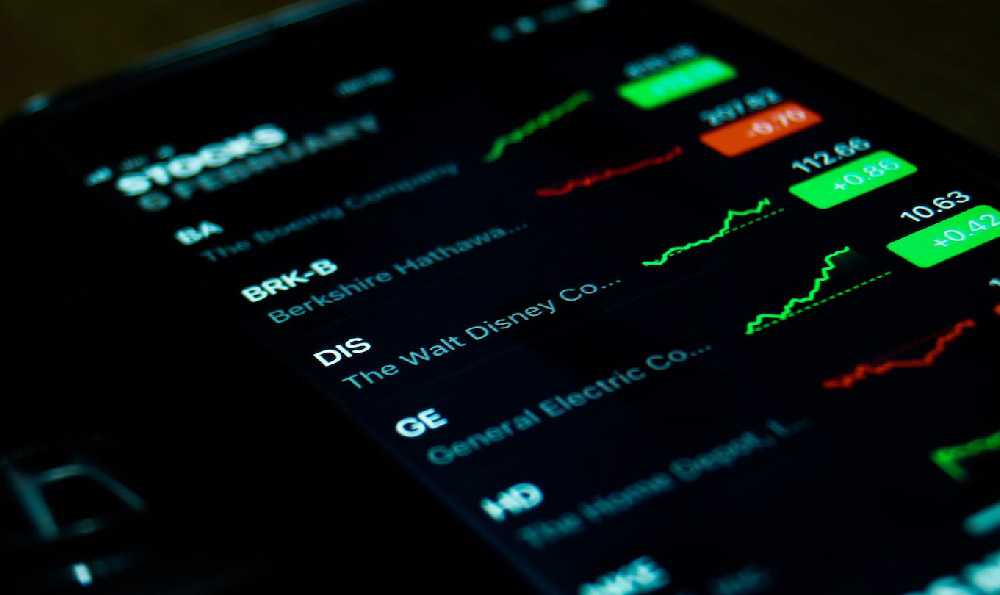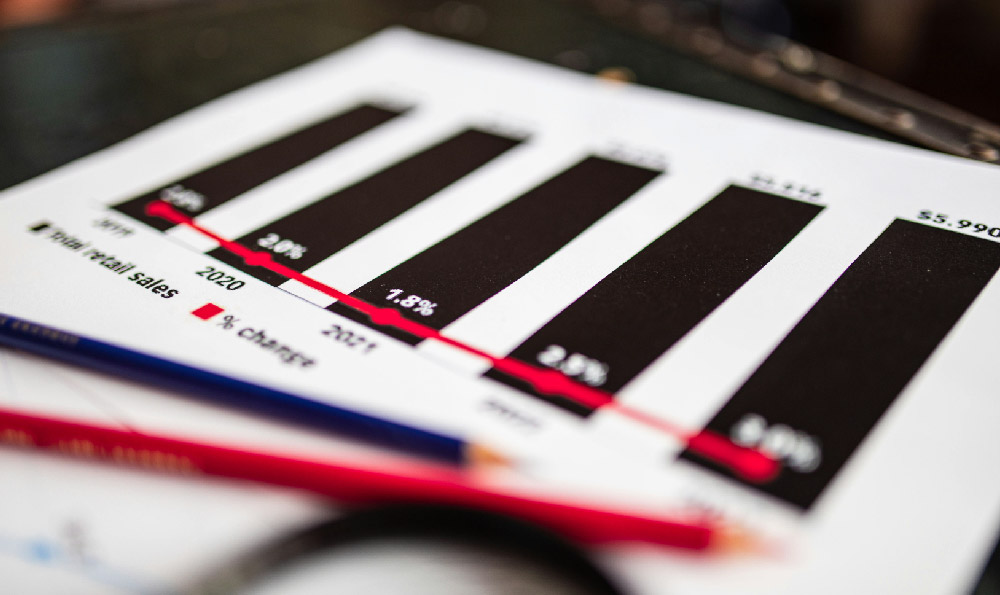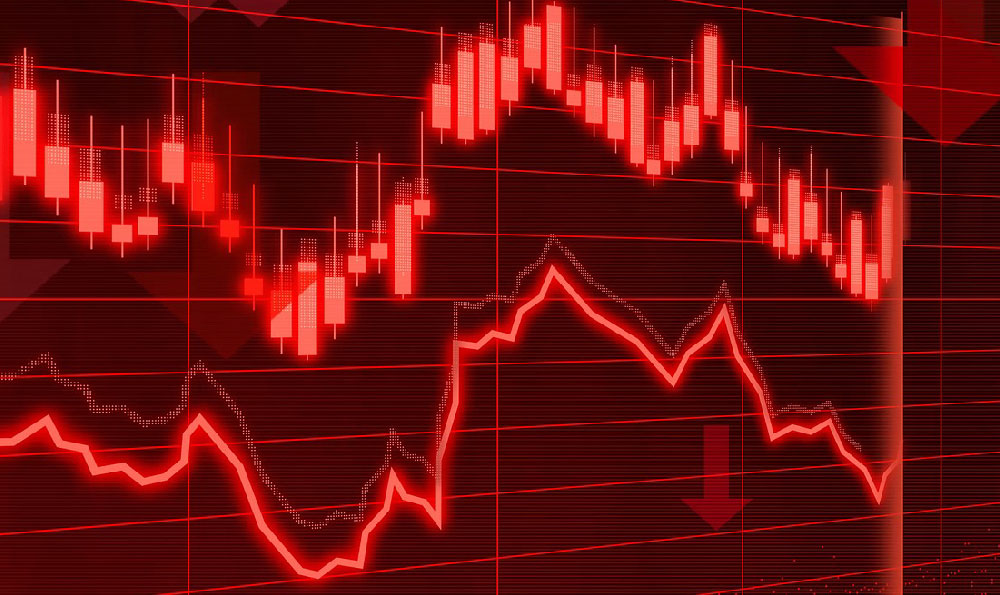
Jeff Bezos's wealth has been a subject of fascination and scrutiny for years. Understanding how much he makes per day, and subsequently questioning the ethics surrounding such exorbitant wealth, requires delving into the nuances of wealth accumulation, investment strategies, and societal impact. Let's unpack the numbers and the ethical considerations.
Estimating Jeff Bezos's daily income is a complex exercise. His wealth is primarily tied to his ownership stake in Amazon, rather than a fixed salary. Therefore, his net worth fluctuates daily based on Amazon's stock performance, dividends received (although Amazon doesn't pay dividends), and any other investments he may hold. Calculating an exact daily income is impossible, but we can arrive at an approximation.
One common method is to look at the overall increase in his net worth over a specific period, then divide it by the number of days. For instance, there have been times when Bezos's net worth has increased by billions of dollars in a single year. This surge in wealth can be attributed to significant gains in Amazon's stock price, driven by factors such as increased revenue, successful product launches, and overall market sentiment. If, hypothetically, his net worth increased by $36.5 billion in a year (a plausible scenario given past trends), that translates to roughly $100 million per day.

However, it's important to contextualize this figure. It's not as though Bezos is receiving $100 million in cash every day. Instead, it represents the increase in the paper value of his assets, primarily his Amazon stock. If Amazon's stock price were to decline, his net worth would also decrease proportionally. This highlights the volatile nature of wealth tied to stock ownership. He's not liquidating assets and spending $100 million daily; the wealth is largely theoretical until it's realized through the sale of stock or other assets.
Furthermore, the calculation is based on a simplified premise. It doesn't account for taxes, philanthropic activities, or other financial transactions that could impact his net worth. It's also worth noting that wealth is not income. While his net worth may increase substantially each year, his taxable income could be significantly different depending on how he manages his assets and what deductions he claims.
Now, let's turn to the ethical dimensions. The vast wealth accumulated by individuals like Jeff Bezos often sparks debate about fairness, economic inequality, and the responsibilities of the ultra-rich. One common argument is that such enormous wealth is inherently unethical, particularly when juxtaposed with widespread poverty and economic struggles. Critics argue that wealth concentration allows a small number of individuals to wield disproportionate influence over political and economic systems, potentially leading to policies that further benefit the wealthy at the expense of the majority.
Another ethical concern revolves around the labor practices of companies like Amazon. While Amazon has created numerous jobs, critics point to reports of demanding working conditions, low wages for some warehouse workers, and anti-union efforts. The argument is that the wealth accumulated by Bezos and other executives is, in part, a result of these labor practices, raising questions about whether the benefits are shared equitably among all stakeholders.
Conversely, proponents of wealth accumulation often emphasize the role of innovation and entrepreneurship in creating value for society. They argue that individuals like Bezos, through their vision and risk-taking, have created products and services that have improved the lives of millions of people. Amazon, for example, has revolutionized e-commerce, providing consumers with convenient access to a vast array of goods and services. Furthermore, the company has invested heavily in research and development, leading to technological advancements that benefit society as a whole.
Defenders of wealth also point to the philanthropic activities of the ultra-rich. Bezos, for instance, has launched initiatives focused on climate change and early childhood education. These philanthropic efforts can address pressing social problems and contribute to the greater good. However, critics often argue that philanthropy is not a substitute for systemic changes that would address the root causes of inequality. They also question the effectiveness and accountability of philanthropic endeavors, suggesting that they can be used to enhance the public image of the wealthy without necessarily solving underlying issues.
The ethical considerations surrounding extreme wealth are multifaceted and do not lend themselves to easy answers. There is no universally agreed-upon standard for what constitutes a "fair" distribution of wealth, and different perspectives are shaped by varying moral and economic philosophies. Some believe that individuals have a right to accumulate as much wealth as they can through legitimate means, while others argue that society has a responsibility to ensure a more equitable distribution of resources.
Ultimately, the question of whether Jeff Bezos's daily income is ethical is a matter of personal judgment. It requires weighing the benefits of his contributions to society against the potential downsides of wealth concentration and the impact of Amazon's business practices. It also necessitates considering the broader societal context of economic inequality and the role of government in regulating wealth accumulation and ensuring social welfare. The debate surrounding wealth inequality and its ethical implications is likely to continue, as societies grapple with the challenges of balancing individual freedom with the collective good.





